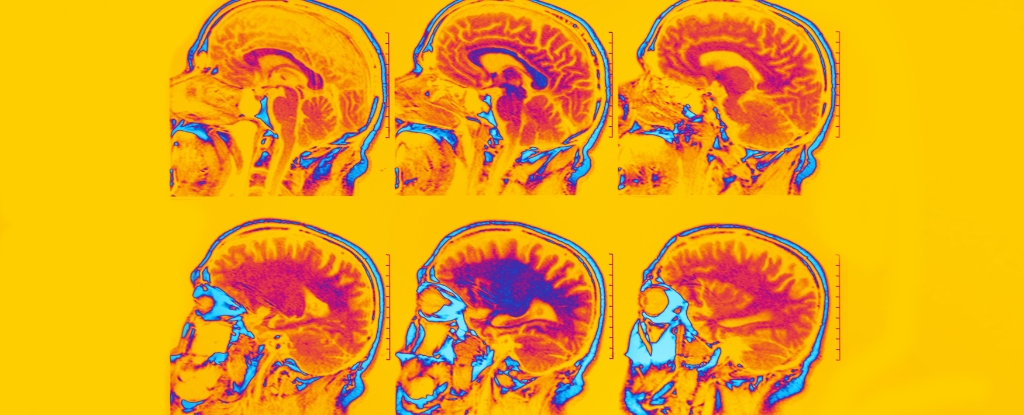
Recent research suggests that certain vaccinations may play a role in reducing the risk of dementia among older adults. A large-scale study, conducted by the University of Oxford, examined over 130,000 participants in the United States and found significant associations between the shingles vaccine, known as Shingrix, and the respiratory syncytial virus (RSV) vaccine, Arexyv, and a decreased risk of cognitive decline.
The retrospective cohort study indicated that individuals who received the Shingrix vaccine experienced an 18 percent reduction in dementia risk within 18 months compared to those who only received the annual flu vaccine. Similarly, participants vaccinated with the RSV vaccine showed a striking 29 percent reduction in dementia risk. Those who received both vaccines exhibited a combined reduction of 37 percent, although this effect was not statistically greater than receiving either vaccine alone.
Understanding the Mechanisms
The findings challenge the notion that the protective effects against dementia are solely due to the prevention of viral infections. The study suggests that the AS01 adjuvant, present in both the Shingrix and Arexyv vaccines but absent in the flu vaccine, may be responsible for enhancing immune responses that potentially lower dementia risk. Lead researcher and psychiatrist Maxime Taquet commented that these vaccines might activate critical pathways within the immune system, offering protection that extends beyond their intended viral targets.
The research aligns with a growing hypothesis that frames dementia not merely as a neurological disorder, but as an immune system dysfunction within the brain. This perspective posits that vaccines could bolster immune activity in the brain, thereby mitigating the risk of cognitive decline, irrespective of viral exposure.
Implications for Older Adults
Current health guidelines recommend that adults over the age of 50 receive two doses of the Shingrix vaccine to protect against the varicella-zoster virus, the pathogen responsible for shingles, which can remain dormant in the nervous system for years. Additionally, the RSV vaccine is advised for adults aged 75 and older. While both vaccines serve to prevent serious infections, their potential benefits in cognitive health are becoming increasingly evident.
Previous studies have indicated that exposure to various common viruses, including those causing cold sores, pneumonia, and COVID-19, correlates with an increased risk of cognitive impairment. The emerging evidence suggests that vaccines may mitigate this risk significantly, although the underlying reasons remain unclear.
In a 2024 study, Shingrix was shown to delay the onset of dementia by 17 percent compared to a previous vaccine, Zostavax, which does not include the AS01 adjuvant. This finding indicates that the efficacy of vaccines in reducing viral exposure may also influence cognitive protection, although the absence of the AS01 component in older vaccines raises questions about their effectiveness.
The implications of this research are profound. Vaccines have already been credited with saving over 154 million lives globally in the past fifty years. The potential to add cognitive health benefits to their list of advantages may be just the beginning.
The study’s results were published in the journal npj Vaccines, highlighting the need for further investigation into the mechanisms through which these vaccines may protect against dementia and expanding our understanding of vaccine benefits beyond infectious diseases.







